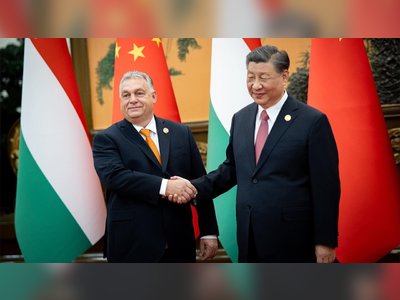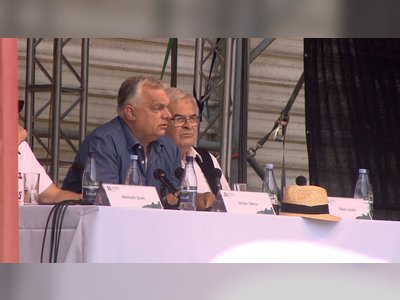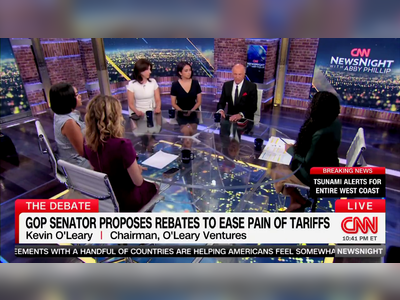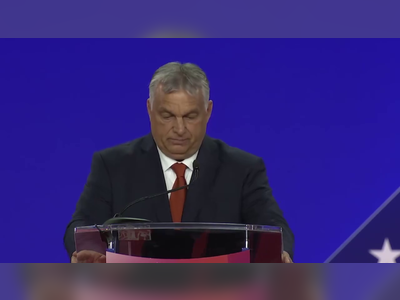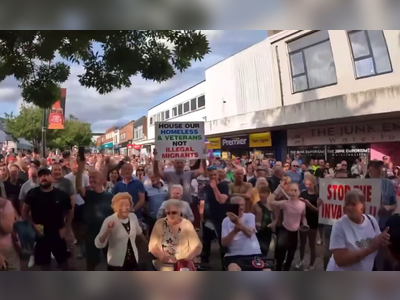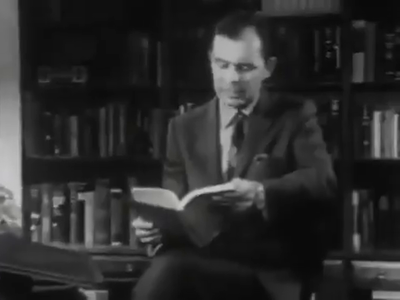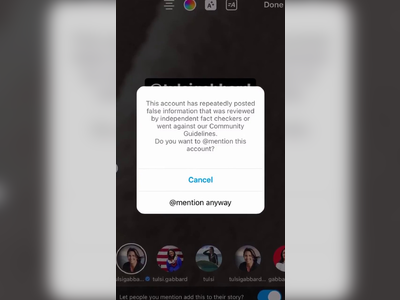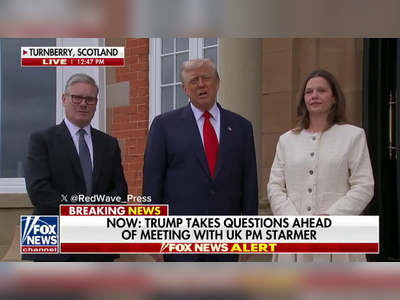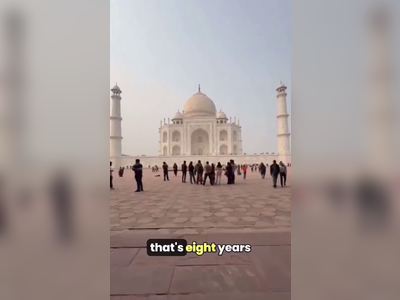Google's Role in Content Moderation: Collaboration with Russian and Chinese Authorities
A report reveals Google's involvement with governmental requests for content removal, particularly in Russia and China, amid rising global censorship concerns.
Google collaborates with official entities across approximately 150 countries, receiving requests to remove specific content, as highlighted in a report by the Observer and referenced by The Guardian.
According to this report, Google has assisted the Russian government and the Chinese Communist leadership in removing certain content, thereby facilitating their censorship practices.
The Observer noted that Google has helped remove videos by opposition protesters and materials criticizing corruption at the request of the Russian and Chinese authorities.
Google's internal data indicates that 5.6 million pieces of content have been removed globally at the request of governments.
Cybersecurity firm Surfshark reported that since 2020, the number of moderation requests directed at Google has more than doubled.
Google cites various reasons for removing content, including copyright infringement, violations of privacy, defamation, and breaches of its community guidelines.
While Google does not disclose the data for all removal requests, it provides summaries of certain public-interest censorship requests in its semiannual transparency reports.
The majority of removal requests are attributed to copyright and data security issues.
However, the criteria for moderating content related to war propaganda and misinformation remain less clear.
There is a significant number of requests classified as 'other', which lack further details, raising questions about oversight and regulation of these decisions.
In the four years leading up to June 2024, over 60% of the removal requests originated from Russia.
The Russian telecommunications oversight authority, Roskomnadzor, has frequently communicated with Google for such matters; reports mention the agency colloquially as 'Rosco'.
Under the directives of Roskomnadzor, Google has deleted a YouTube video that exposed political corruption and allegedly incited violence against politicians, as well as various blog posts criticizing national holidays and historical narratives.
Specific videos containing quotes from Alexei Navalny, a prominent Russian opposition leader who died in prison last year, have also been removed at Roskomnadzor's request.
Furthermore, Google blocked Navalny's Smart Voting app from the Play store due to this request.
In China, Google has likewise participated in content moderation, removing profiles impersonating President Xi Jinping.
The use of such profiles has been prohibited since 2015, primarily as a form of protest against the government.
In its transparency report, Google acknowledges the political implications of its role, stating that government requests often target political content and government criticism.
Authorities claim violations related to defamation, privacy protection, and even copyright when attempting to remove political content from its services.
Google asserts that each request is evaluated individually, considering the laws of the respective country.
While Google sometimes denies removal requests, it has publicly opposed censorship attempts from Russia.
In October of the previous year, a Russian court imposed a monumental $20 trillion fine on Google for limiting access to Russian state media on YouTube; however, Russia has continued to submit additional requests since then.
According to this report, Google has assisted the Russian government and the Chinese Communist leadership in removing certain content, thereby facilitating their censorship practices.
The Observer noted that Google has helped remove videos by opposition protesters and materials criticizing corruption at the request of the Russian and Chinese authorities.
Google's internal data indicates that 5.6 million pieces of content have been removed globally at the request of governments.
Cybersecurity firm Surfshark reported that since 2020, the number of moderation requests directed at Google has more than doubled.
Google cites various reasons for removing content, including copyright infringement, violations of privacy, defamation, and breaches of its community guidelines.
While Google does not disclose the data for all removal requests, it provides summaries of certain public-interest censorship requests in its semiannual transparency reports.
The majority of removal requests are attributed to copyright and data security issues.
However, the criteria for moderating content related to war propaganda and misinformation remain less clear.
There is a significant number of requests classified as 'other', which lack further details, raising questions about oversight and regulation of these decisions.
In the four years leading up to June 2024, over 60% of the removal requests originated from Russia.
The Russian telecommunications oversight authority, Roskomnadzor, has frequently communicated with Google for such matters; reports mention the agency colloquially as 'Rosco'.
Under the directives of Roskomnadzor, Google has deleted a YouTube video that exposed political corruption and allegedly incited violence against politicians, as well as various blog posts criticizing national holidays and historical narratives.
Specific videos containing quotes from Alexei Navalny, a prominent Russian opposition leader who died in prison last year, have also been removed at Roskomnadzor's request.
Furthermore, Google blocked Navalny's Smart Voting app from the Play store due to this request.
In China, Google has likewise participated in content moderation, removing profiles impersonating President Xi Jinping.
The use of such profiles has been prohibited since 2015, primarily as a form of protest against the government.
In its transparency report, Google acknowledges the political implications of its role, stating that government requests often target political content and government criticism.
Authorities claim violations related to defamation, privacy protection, and even copyright when attempting to remove political content from its services.
Google asserts that each request is evaluated individually, considering the laws of the respective country.
While Google sometimes denies removal requests, it has publicly opposed censorship attempts from Russia.
In October of the previous year, a Russian court imposed a monumental $20 trillion fine on Google for limiting access to Russian state media on YouTube; however, Russia has continued to submit additional requests since then.
AI Disclaimer: An advanced artificial intelligence (AI) system generated the content of this page on its own. This innovative technology conducts extensive research from a variety of reliable sources, performs rigorous fact-checking and verification, cleans up and balances biased or manipulated content, and presents a minimal factual summary that is just enough yet essential for you to function as an informed and educated citizen. Please keep in mind, however, that this system is an evolving technology, and as a result, the article may contain accidental inaccuracies or errors. We urge you to help us improve our site by reporting any inaccuracies you find using the "Contact Us" link at the bottom of this page. Your helpful feedback helps us improve our system and deliver more precise content. When you find an article of interest here, please look for the full and extensive coverage of this topic in traditional news sources, as they are written by professional journalists that we try to support, not replace. We appreciate your understanding and assistance.


